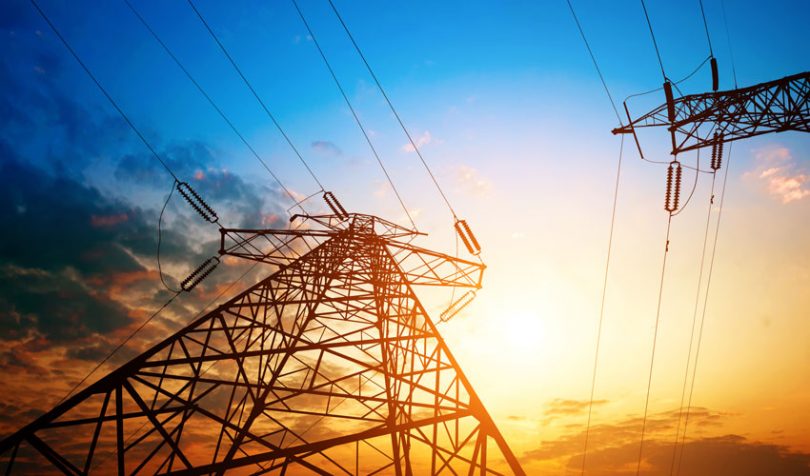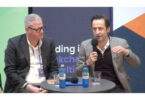Today GE Power announced it’s joining the blockchain study run by the German energy agency Deutsche Energie-Agentur (dena). Back in May dena unveiled plans for a study to examine applications for energy systems. GE Power Digital joins Siemens and other participants.
Several startup blockchain projects are creating markets for alternative energies, especially solar. The dena study is far broader and will apply to existing infrastructure as well.
“At its foundation, blockchain offers the best conditions for the exchange, validation and documentation of valuable data in an integrated energy system,” said Andreas Kuhlmann, dena’s CEO. “We have come to a point where it is necessary to verify whether the technology’s potential can be implemented in practice from a technical, economic and legal standpoint.”
“The energy system is a critical infrastructure that must work securely and be protected by digitisation at the information and communication technology level. Blockchain technology can help with that – we want our study to show precisely how,” concluded Kuhlmann.
“The world’s most powerful utility in 2025 may not exist today. At the very least, it does not operate today as it will in the future. Blockchain is rapidly evolving and has the potential to be an enabling technology for the future grid, and as an industry we should continue to explore its applications,” noted Steven Martin, chief digital officer for GE Power.
Scope of the study
The most topical aspect of the study relates to trade and markets. That will range from B2B markets to B2C and P2P. Many current blockchain energy initiatives such as Power Ledger and Electrify focus on B2C or P2P markets. Railway company Deutsche Bahn is one of Germany’s largest electricity producers and uses blockchain to control the supply of energy to large businesses in its B2B marketplace.
Plus, the study plans to investigate financing and tokenization. For example, to fund investments in solar projects.
The project will also explore more conventional aspects such as asset management of equipment and facilities. The study’s scope includes data management particularly relating to transparency such as proof of origin of green electricity. And finally, it plans to explore market communications including billing of network user charges.
Other partners in the study include BKW, cronos Unternehmensberatung, EnBW Energie Baden-Württemberg, EWE NETZ, items, ista International, Mainova, Netz Lübeck, Rheinische NETZGesellschaft, Stadtwerke Leipzig, and VERBUND.
GE Power has a significant influence over the world’s electricity. They claim to help create a third of the world’s electricity. Plus they’ve equipped 90% of the power transmission utilities worldwide. And their software helps control 70% of power grids in North America, Africa, and the Middle East.
Changes in electricity industry
GE recently released a whitepaper called “Reimagining our electricity future“. The document describes the shift from relying on large centralized generation, transmission and distribution to distributed technologies like solar and wind.
In 2016 more than half of the new power plant orders were for renewable energy technologies. Because of the investment made in existing infrastructure, the change is happening gradually, and the evolution will vary in speed in different parts of the world. Traditional sources such as fossil fuels and nuclear power still account for 77% of total electricity generation.
As a result, GE wants to be involved in developing a digital platform to integrate the entire electricity system. The company recognizes it can’t do this in isolation. Hence it’s working with partners to create new technologies and business models which will create value for GE’s customers as well as end consumers. This study is part of that journey.






